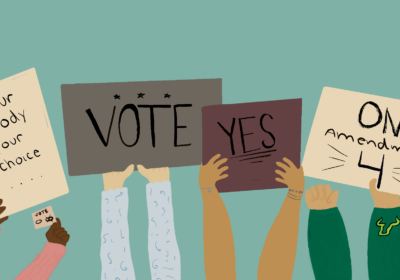Virtual violence doesnt require real hassles
The U.S. Supreme Court will begin hearing arguments today in California’s appeal of a circuit court ruling that found the state’s ban on violent video games sales to minors unconstitutional.
Although the bill’s sponsors and supporters have righteous intentions to protect minors from perceived harm, the vague law will stump creativity, create unnecessary hurdles to obtain games and waste already stretched-thin law enforcement resources as it attempts to address a problem that may not even exist.
The law bans underage sales of violent video games if “a reasonable person … would find it appeals to a deviant or morbid interest of minors; it is patently offensive to prevailing standards in the community; it causes the game, as a whole, to lack serious literary, artistic, political or scientific value for minors.”
The bill was passed in 2005 and signed by Gov. Arnold Schwarzenegger before the U.S. Court of Appeals for the 9th Circuit struck it down. Court officials said California had not provided enough proof that video games cause neurological or psychological harm.
According to USA Today, a group of 82 medical scientists, social scientists, media scholars and even professors from the Massachusetts Institute of Technology and Harvard have agreed that the ban was based “on profoundly flawed research.”
An effective rating system informing parents of games’ content already exists in the video game industry and, according to a Federal Trade Commission report released last year, only 20 percent of minors bought a mature-rated video game versus 72 percent of minors who purchased CDs with explicit content warnings.
If the court sides with California, it could pave the way to governmental censorship of other mediums, leading to creative limitations on video games and possibly books and movies.
As expressed in court briefs by opponents of the law, including nine states, the law would also sidetrack police efforts from preventing real violence to tracking virtual violence in video games.
Police efforts would also go toward prosecuting offenders.
This means individuals who look under 30 years old would have to bring their I.D.s every time they buy a video game and could possibly face criminal penalties for buying a game for an underage gamer, even if it was previously rated “Teen.”
Florida is one of 11 states backing California in court briefs.
The unsubstantiated claim that video games harm young people does not warrant such governmental censorship or harassment of the video game industry and its consumers.






